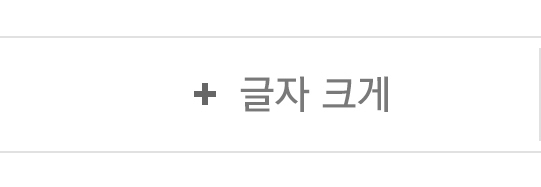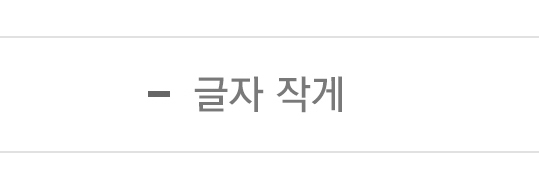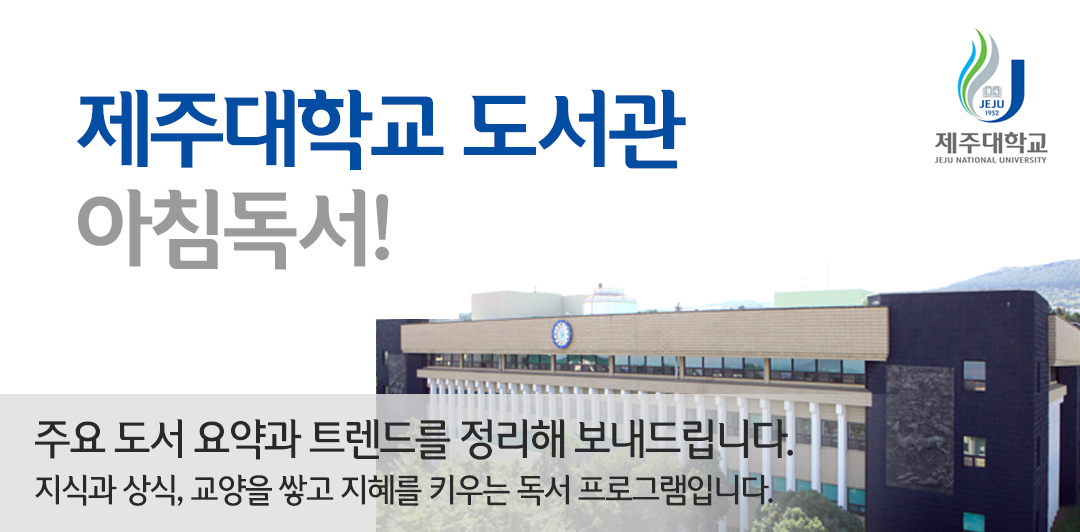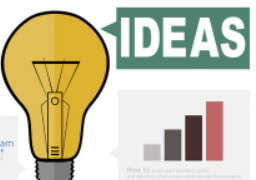
|
[RH] 직원의 창의성을 높이는 ‘보상 선택’ | |||
| 저널 오브 어플라이드 사이콜로지(Journal of Applied Psy... |


  |
 |  |
 |
[RH] 직원의 창의성을 높이는 ‘보상 선택’
제5차 기술 경제 혁명이 격동하는 가운데, 이 시기에 직원의 창의성보다 더 가치 있는 비즈니스 자원은 없다. 저널 오브 어플라이드 사이콜로지(Journal of Applied Psychology, 응용심리학저널)에 발표된 새로운 연구에 따르면, 직원의 창의성을 원한다면 직원이 선택할 수 있는 일련의 보상을 제공하는 것을 고려해야 한다.
라이스 대학교(Rice University) 경영학과에서 주도한 이번 연구는 전사적 프로그램으로 진행된 현장 실험에서 보상 선택의 효과를 체계적으로 조사한 최초의 연구다.
오늘날 각 조직은 창의성을 발휘하는 직원에게 보상하는 인센티브 제도를 설계하는 데 많은 자원을 사용하고 많은 노력을 기울이고 있다. 그러나 그 결과는 크게 만족스럽지 않은 경우가 많다. 이에 이 새로운 연구 결과는 이러한 기존의 노력이 약간 잘못 구성되었을 수도 있음을 시사한다.
특히 창의성 증진에 효과적인 하나의 보상 유형을 찾는 것보다는 직원들이 가장 창의적인 상위 20%에 드는 아이디어를 하나 이상 제출할 때 여러 보상 유형 중에서 선택할 수 있는 기회를 제공하는 것이 더 효과적인 것으로 나타났다.
연구에 참여한 직장인들에게는 개인이나 팀에 대한 금전적 보상, 휴가를 우선적으로 받는 등의 자율적 보상, 직원이 선택한 자선단체에 회사가 기부하는 것 등 다양한 선택 옵션이 제공되었다. 이러한 선택을 제공하는 것은 직원들이 제출하는 아이디어 수와 해당 아이디어의 창의성 수준에 긍정적이고 중요한 영향을 미쳤다.
연구자들은 몇 개월 동안 대만의 한 회사와 실험을 진행해서 이 결과에 도달했다. 이후 대만에 위치한 12개의 다른 조직 구성원들을 포함하는 두 번째 실험 연구를 진행하여 그 결과를 대조했는데, 모두 첫 번째 연구 결과와 동일했다.
이 연구는 또한 자선 단체에 기부하는 것과 같이 다른 사람을 돕는 것을 목표로 하는 보상이 특히 더 강력한 영향을 끼칠 수 있음을 발견했다. 다만 창의성이 덜한 사람의 경우 누군가를 돕는 대체 보상이 오히려 창의성을 떨어뜨리는 것으로 나타나 주의를 기울여야 하는 것으로 나타났다.
연구자들은 또한 보상의 선택이 직원들의 창의성 능력에 대한 믿음을 높여 창의성을 키운다는 것도 발견했다. 특히 대체 보상을 제공하는 경우, 창의성 평가에서 높은 점수를 받은 직원의 창의성을 더 향상시키는데 강력한 영향을 미친 것으로 나타났다.
- JOURNAL OF APPLIED PSYCHOLOGY, “Enhancing employee creativity: Effects of choice, rewards and personality” by Jing Zhou, Greg R. Oldham, Aichia Chuang, Ryan Shuwei Hsu© 2021 American Psychological Association. All rights reserved.
To view or purchase this article, please visit:
 |  |
 |
[RH] Enhancing employee creativity: Effects of choice, rewards and personality
During the turbulent Deployment Phase of the Fifth Techno-Economic Revolution, no business resource is more valuable than your employees’ creativity.
According to a new study published in the Journal of Applied Psychology if you want to your employees’ creativity, you should consider offering a set of rewards for them to choose from.
The study, led by management experts at Rice University, is the first to systematically examine the effects of reward choice in a field experiment, which was conducted in the context of an organization-wide suggestion program.
Organizations spend a lot of resources and exert a great deal of effort in designing incentive schemes that reward the employees who exhibit creativity at work. The results of this new study show that the effort may be a bit misplaced.
Instead of discovering one reward type that is particularly effective at promoting creativity, what is more effective is to provide the employees with the opportunity to choose from several reward types, when they submit one or more ideas that are among the top 20% most creative ones.
Workers in the study were given a range of options including a financial reward for the individual employee or their team, a self-discretionary reward such as getting priority to select days off, or a donation the company made to a charity selected by the employee. Offering those choices had positive, significant effects on the number of creative ideas employees generated and the creativity level of those ideas.
The researchers arrived at their findings by conducting a quasi-experiment at a company in Taiwan over the course of several months. Then they conducted a second experimental study that included employees from 12 organizations in Taiwan to replicate the first study’s results and compared the results with a control group.
These studies also found that rewards aimed at helping others, such as making a donation to a charity, might be especially powerful. But for less-creative employees, alternative re- wards that benefit those in need might actually lower creativity and should be avoided.
The researchers also found that the choice of rewards fostered creativity by raising the employees’ belief in their ability to be creative. Offering alternative rewards also had a powerful impact on boosting the creativity of employees who earlier had scored high on an assessment of creative personality characteristics.
- JOURNAL OF APPLIED PSYCHOLOGY, “Enhancing employee creativity: Effects of choice, rewards and personality” by Jing Zhou, Greg R. Oldham, Aichia Chuang, Ryan Shuwei Hsu© 2021 American Psychological Association. All rights reserved.
To view or purchase this article, please visit:

.jpg)
.jpg)
.jpg)

